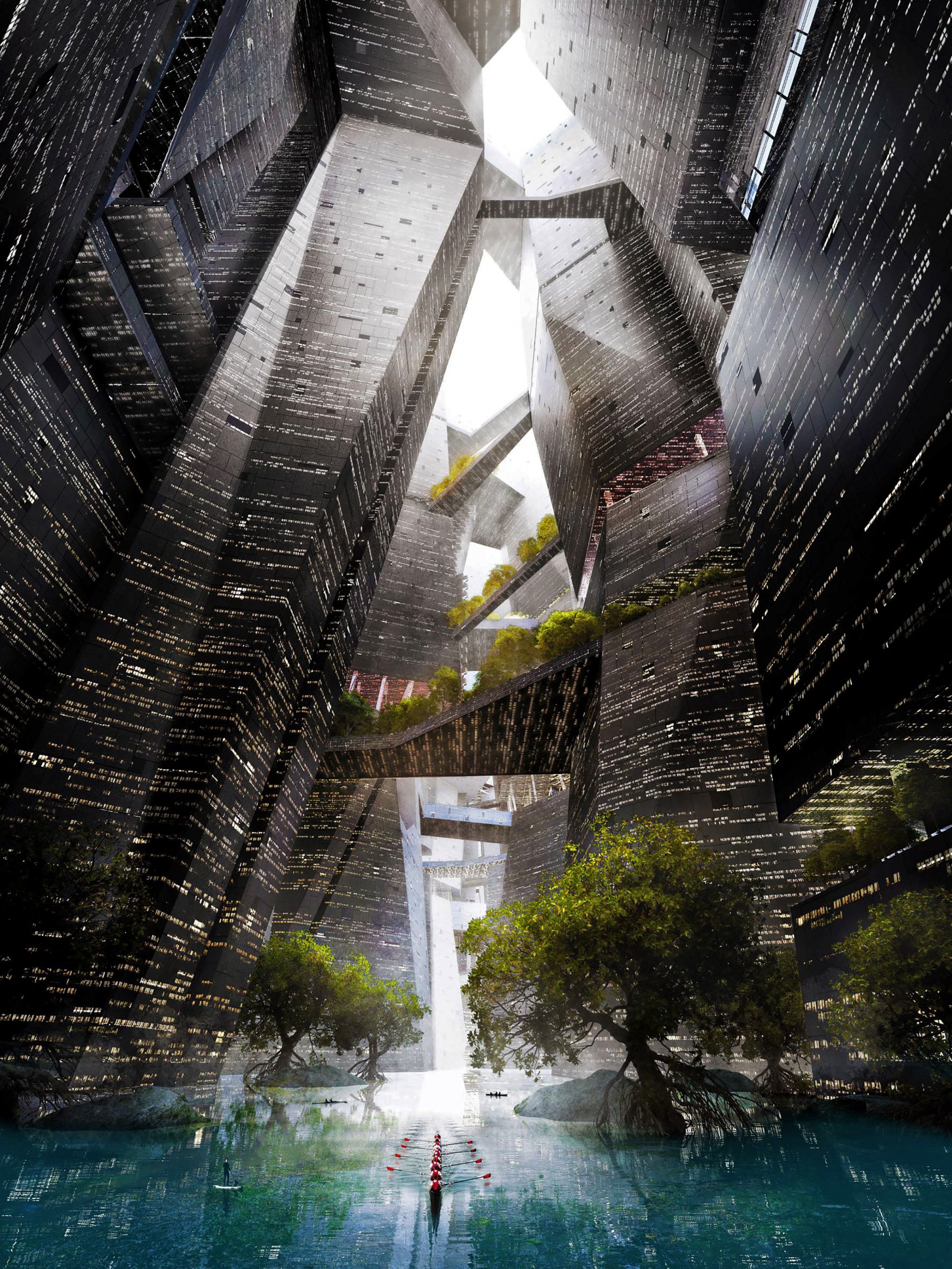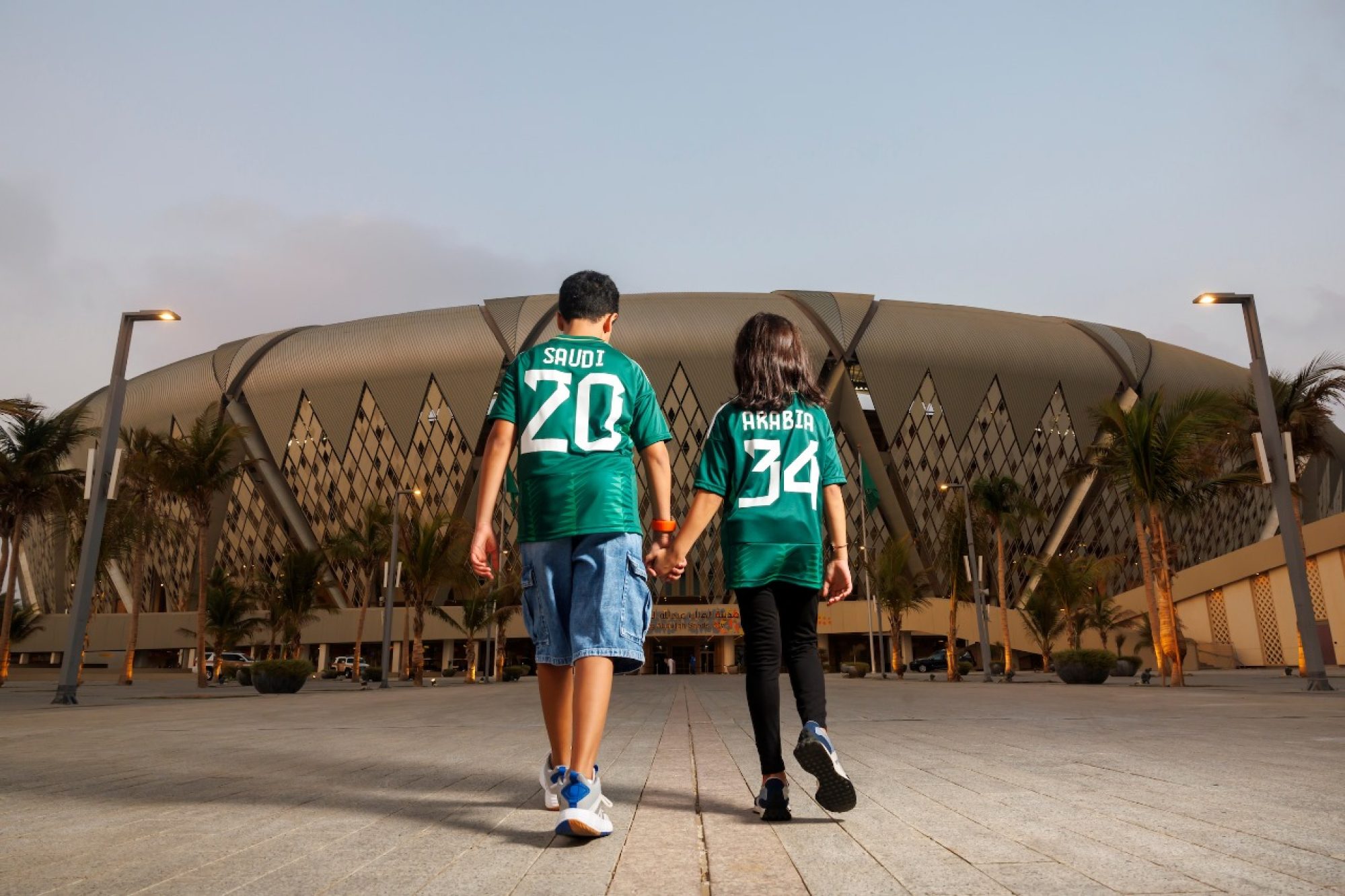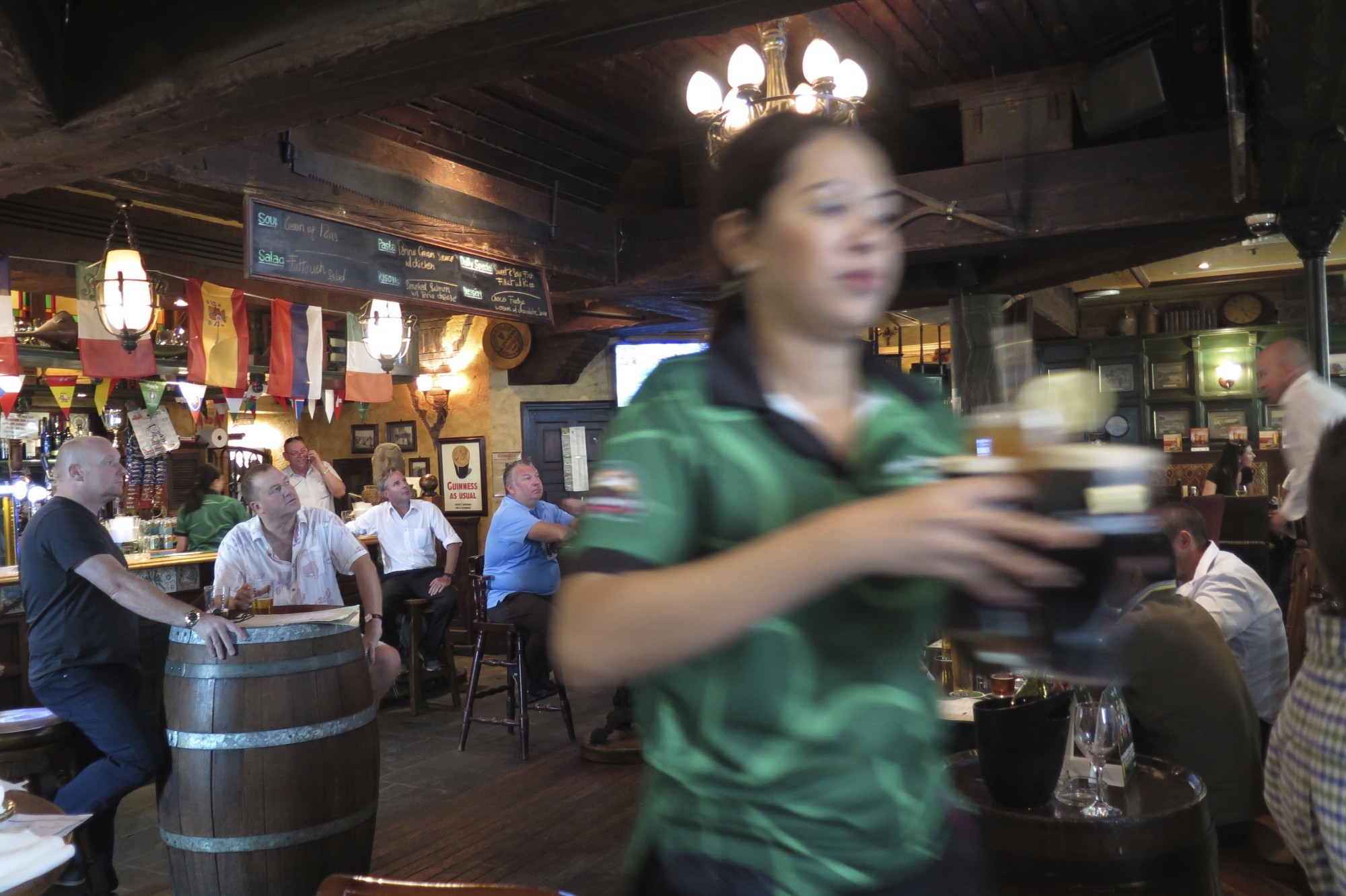The introduction of entertainment hubs like Red Sea Global and the Qiddiya project near Riyadh “may also incorporate more liberal amenities to cater to international visitors while balancing religious sensitivities”, said Saudi political commentator Salman al-Ansari.

“Any such changes will likely be carefully managed to ensure they align with Saudi societal values,” he told This Week in Asia.
Previously a closed society that only allowed foreign Muslim pilgrims visiting Mecca and Medina to enter, Saudi Arabia began offering tourist visas in 2019 and the nationals of 63 countries are now eligible to visit for 90 days.
Domestic tourism has soared since the kingdom began investing heavily in the sector under the Vision 2030 plan launched in 2016.
The value of arts and entertainment activities more than doubled between 2020 and 2022, while food and accommodation spending increased by 77 per cent, according to a ministry of economy and planning report issued in March.
This growth was driven in part by an influx of foreign firms and professionals into Riyadh and the Red Sea port city of Jeddah, drawn by massive business opportunities generated by the estimated US$870 billion of mega-projects scheduled for completion by 2030.

With the resumption of regular, full-scale pilgrimages to Mecca and Medina after the Covid-19 pandemic, Saudi Arabia achieved its target of 100 million tourists last year, prompting the government to set a new goal of 150 million arrivals by 2030.
Spending by inbound tourists soared by 319 per cent between 2020 and 2022, according to the economy and planning ministry.
As of last year, the tourism sector accounted for 6 per cent of Saudi Arabia’s economy. The government wants to increase that to 10 per cent by 2030.

According to projections from the global property consultancy Knight Frank, Saudi Arabia will build 320,000 new hotel rooms by 2030. Of these, two-thirds are expected to be four- and five-star rated.
“This suggests between 232,000 and 387,000 key tourism workers may need accommodation as the hospitality sector balloons,” Knight Frank said in an April report.

Saudi Arabia was not expected to follow suit in the near future due to its “deeply rooted religious and cultural context”, al-Ansari said.
However, he said there were signs of gradual relaxation in certain areas, with the regulatory framework of the Neom city project suggesting scope for “more liberal policies” aimed at attracting international tourists and businesses.
A report published by The Economist Intelligence Unit in February drew similar conclusions, describing the opening of Riyadh’s first liquor store as “a very small step” towards making alcoholic beverages available to non-Muslim tourists and expatriates.
The report anticipated “further relaxation” of Saudi social norms as the kingdom pursues its Vision 2030 ambitions, saying this would likely include a relaxation of alcohol laws.
Ultimately, Saudi Arabia may follow the path of the UAE and make alcoholic beverages available for consumption to non-Muslims in hotel bars and licensed restaurants, it said.
But the Saudi government would “tread carefully”, implementing reforms allowing the sale and consumption of alcohol “in a very gradual and targeted fashion”, the report said.


